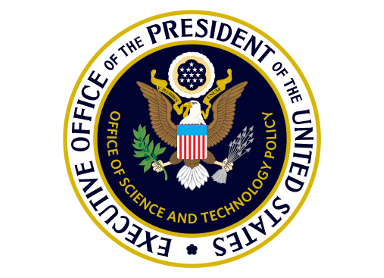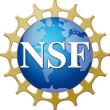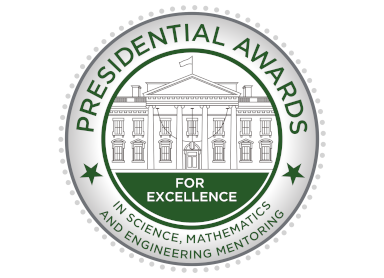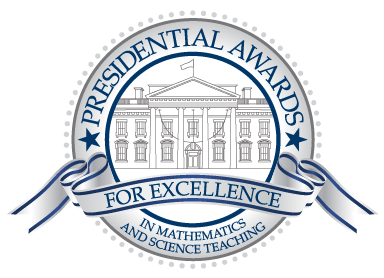National Center for Earth-Surface Dynamics (NCED) University of Minnesota
Minneapolis, MN | 2014
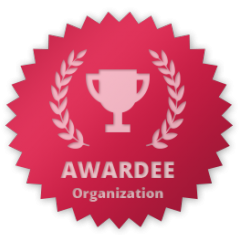
The official biography below was current at the time of the award. See the organization's website for its latest information.
The National Center for Earth-surface Dynamics (NCED) pursues its mission to predict the coupled dynamics and co-evolution of landscapes and their ecosystems in order to transform management and restoration of the Earth-surface environment. Connected with its research activities, the organization has a specific focus on improving representation of Native Americans in earth sciences and using the appeal of water, landscape, and energy sustainability to attract and retain its mentees.
NCED's mentoring philosophy entails broad networks of supporting researchers (along with Native American faculty, elders, and community members) in a team-based, interdisciplinary approach where groups of mentors focus on critical areas of research; for instance, delta sustainability, stream restoration, and landscape prediction. Graduate students at the Center are encouraged to act as mentors to undergraduates and K-12 students. Two principal programs by NCED are:
- In 2002, a partnership with Fond du Lac Tribal and Community College developed into a unique new program called gidakiimanaaniwigamig (meaning, in Ojibwe, "Our Earth Lodge"). This Native American K-12 science immersion program is a long-term, intensive commitment to build students' academic abilities in science fields, and create a learning community that would support students in their desire to stay in school, graduate, and continue into four-year collegiate programs. Over the past ten years, 427 Native American students participated for one semester; 81 continued in sponsored activities for at least one year during their middle and high school years; 33 students are still in school; and 34 have gone on to attend college. No student who has attended at least one year of programming has dropped out of school-an outstanding achievement in a state where only 40 percent of Native American students complete high school by age 18.
- In 2003, NCED instituted its first Undergraduate Research Internship Program in which students were brought into the University of Minnesota and were exposed to the powerful combination of theory, experiments, and field work to understand and model natural processes. Two specific activities were: Team Delta, focusing on river and coastal restoration, and Team Stream, focusing on stream restoration and dam removal. Both programs were funded by an NSF Research Experiences for Undergraduates Site Award. Eighty-seven college students (79 percent of whom are Native American and from other groups underrepresented in science fields) participated in the research activities, with 33 graduates moving into graduate-level education.
The success of this NSF-funded research center is a remarkable testimony to the University of Minnesota and the staff of the NSF Center as they reach out and embrace the community in which they work, and establish themselves as an integral part of the Native American community.
